A worrying new type of fraud has emerged in South Africa, where criminals are taking over the cell phone numbers of Social Relief of Distress (SRD) grant beneficiaries to block their access and steal the R350 monthly payments.
Bonginkosi Nxumalo, an unemployed teacher from Daveyton, has been receiving the emergency COVID-19 grant since its introduction in 2020. But in January 2023, he suddenly stopped getting payments after receiving an SMS alerting him that his number had been changed.
Despite repeated attempts to report the issue and get help from the South African Social Security Agency (SASSA), he still has no access over a year later. Nxumalo now relies on family donations and odd jobs while waiting for a resolution.
Hundreds of similar cases have been reported to advocacy groups like #PayTheGrants across South Africa. The fraudsters are even taking over the ID numbers of new applicants when they turn 18 to block their grant access.
Elizabeth Raiters, head of the #PayTheGrants social grant help desk, relays that SASSA initially told victims to change their numbers online. But since the criminals control their accounts, this does not help. SASSA is now requiring in-person or phone authorization with a one-time-pin to change account details – but this also does not help victims whose numbers were already taken over.
SASSA spokesperson Paseka Letsatsi acknowledges that the agency’s fraud unit is stretched beyond capacity in recent years. The R350 grant became South Africa’s fastest growing relief program during COVID, ballooning to up to 8.5 million recipients who require constant verification checks.
Letsatsi says SASSA is developing facial recognition software to strengthen identity checks when applicants or beneficiaries need to change personal details. But this technology is still likely a year away from implementation.
How the Fraud is Happening?
It remains unclear how fraudsters are getting enough personal information and documents to take over the identities of SRD recipients. Critics argue the online application system may be vulnerable.
R350 Grant Context:
- Introduced in May 2020 to support poor South Africans losing income during COVID pandemic
- Pays R350 per month (less than $20) to unemployed qualifying applicants
- Up to 8.5 million recipients monthly as of 2023, making it South Africa’s largest social relief program
- Requires regular re-verification checks on beneficiaries
Experts emphasize that for low-income South Africans who rely on the grant for basics like food, having payments halted for over a year creates serious hardship. Advocates urge SASSA to devote more resources to identity fraud cases involving social grants. With more poverty relief programs on the horizon, solving this issue is critical to ensure public trust in these systems.
Reference:

I’m Anele Zulu, a South African social worker dedicated to serving my country’s most vulnerable. With my degree and field expertise, I empower underprivileged communities through compassionate support and tireless advocacy on this website. My goal is simplifying access to services so families can uplift themselves

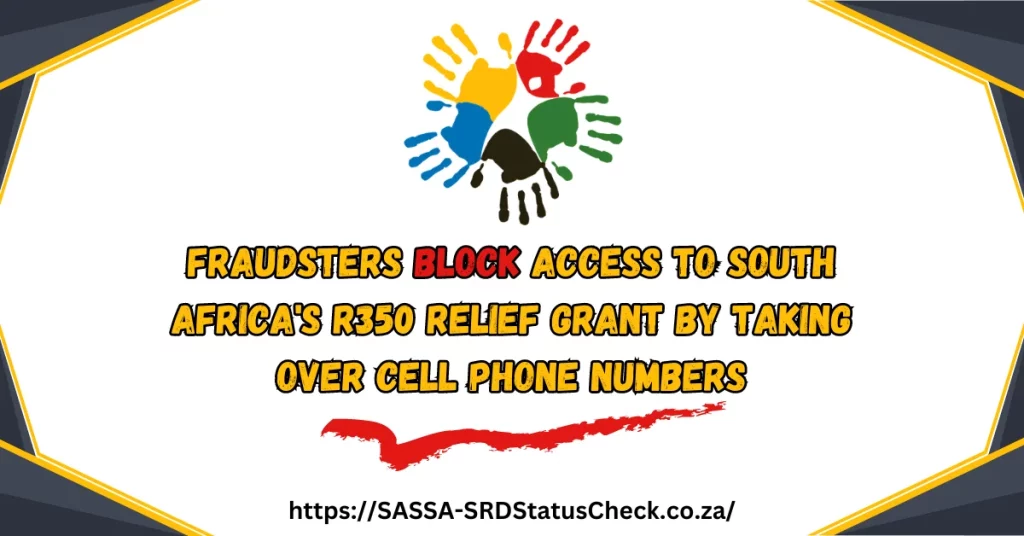
![SASSA Grants Types in South Africa [2024] - [Ultimate Guide] The Complete Guide to SASSA Grants Types in South Africa](https://sassastatus-gov.co.za/wp-content/uploads/2024/02/The-Complete-Guide-to-SASSA-Grants-Types-in-South-Africa.webp)
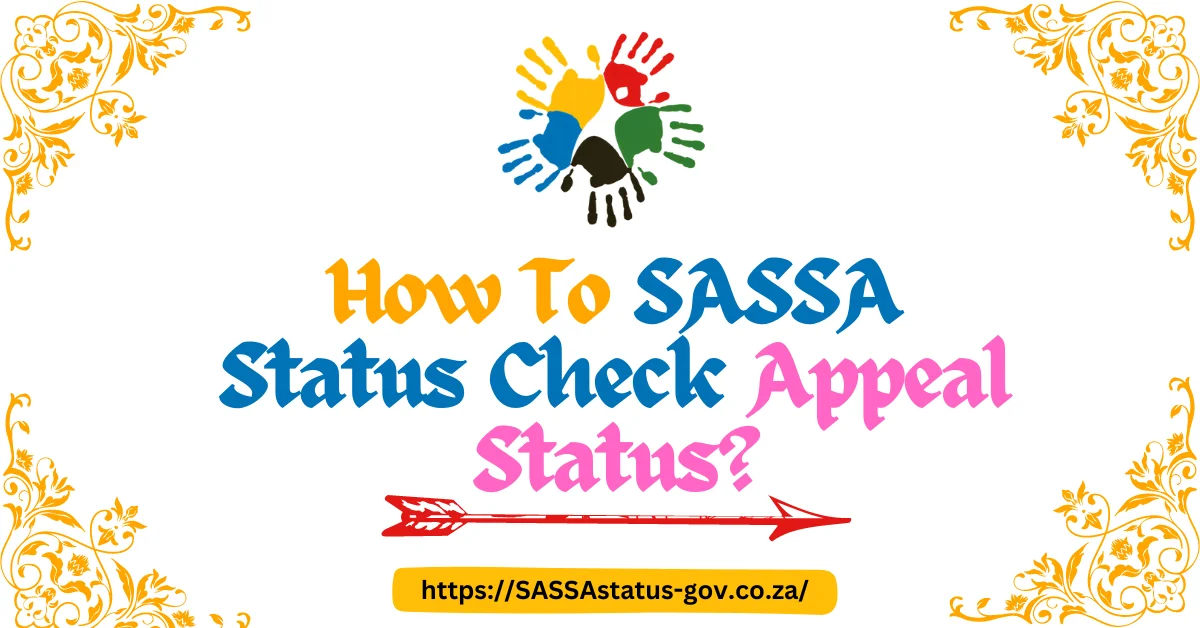
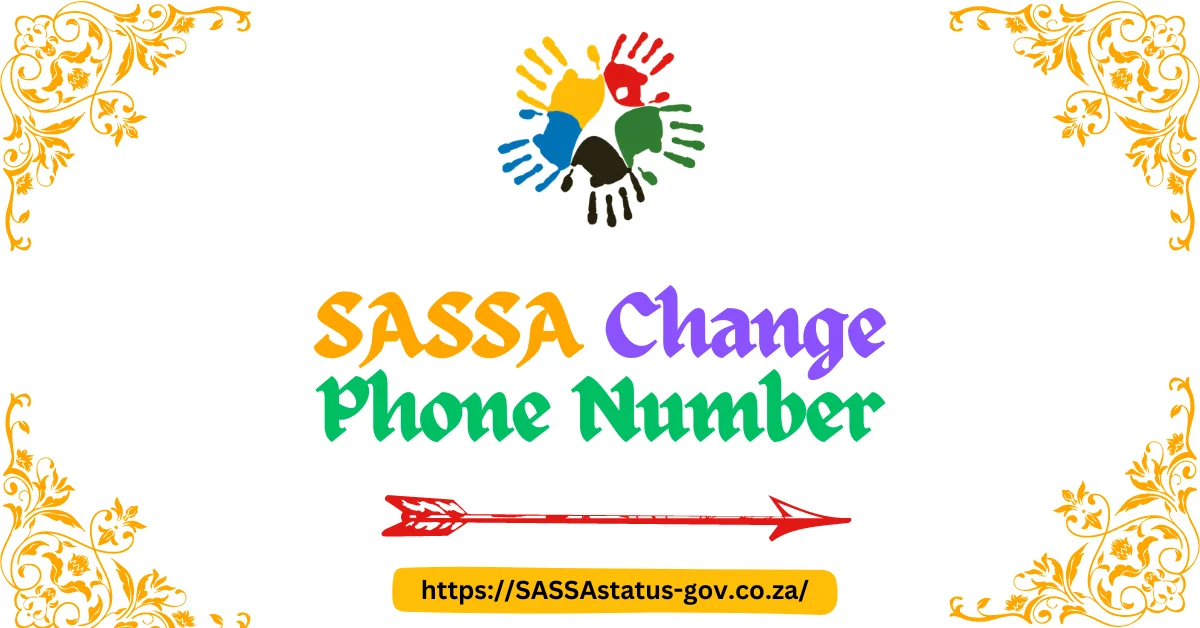
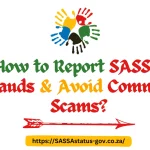
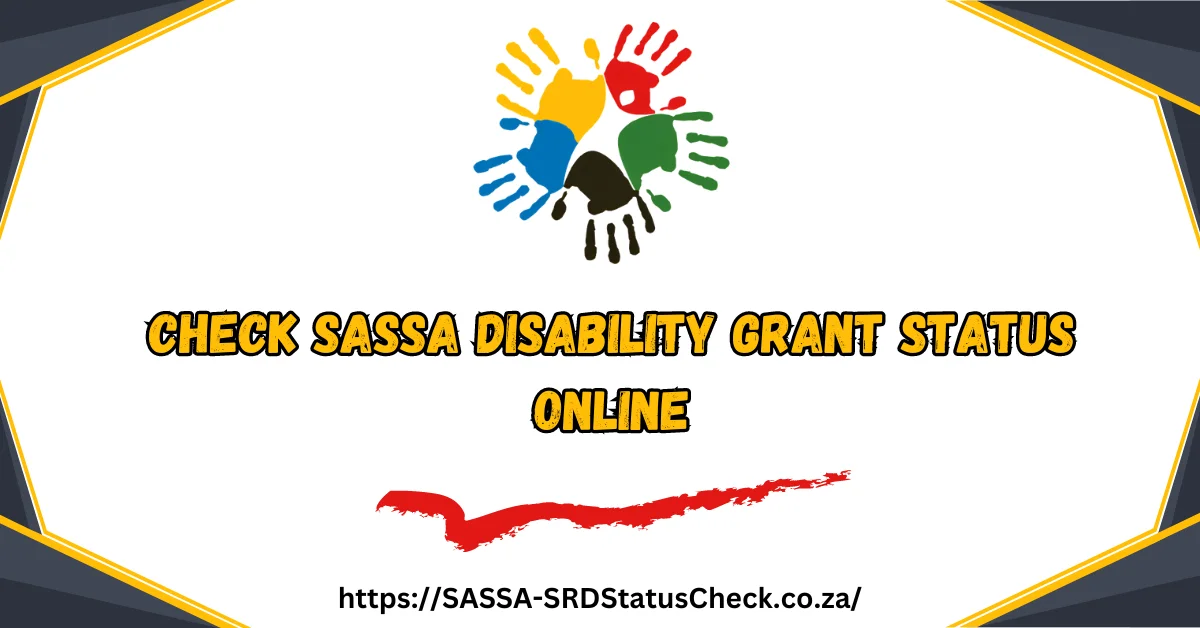
![SASSA Office Near Me [Complete Guide to SASSA Office Locations [2024] SASSA Office Near Me](https://sassastatus-gov.co.za/wp-content/uploads/2024/10/SASSA-Office-Near-Me-150x150.webp)
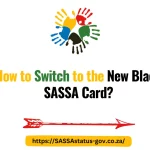
My account was processed anornomously and i hadnt gotten an id smart card..i want blog it
tell us more details